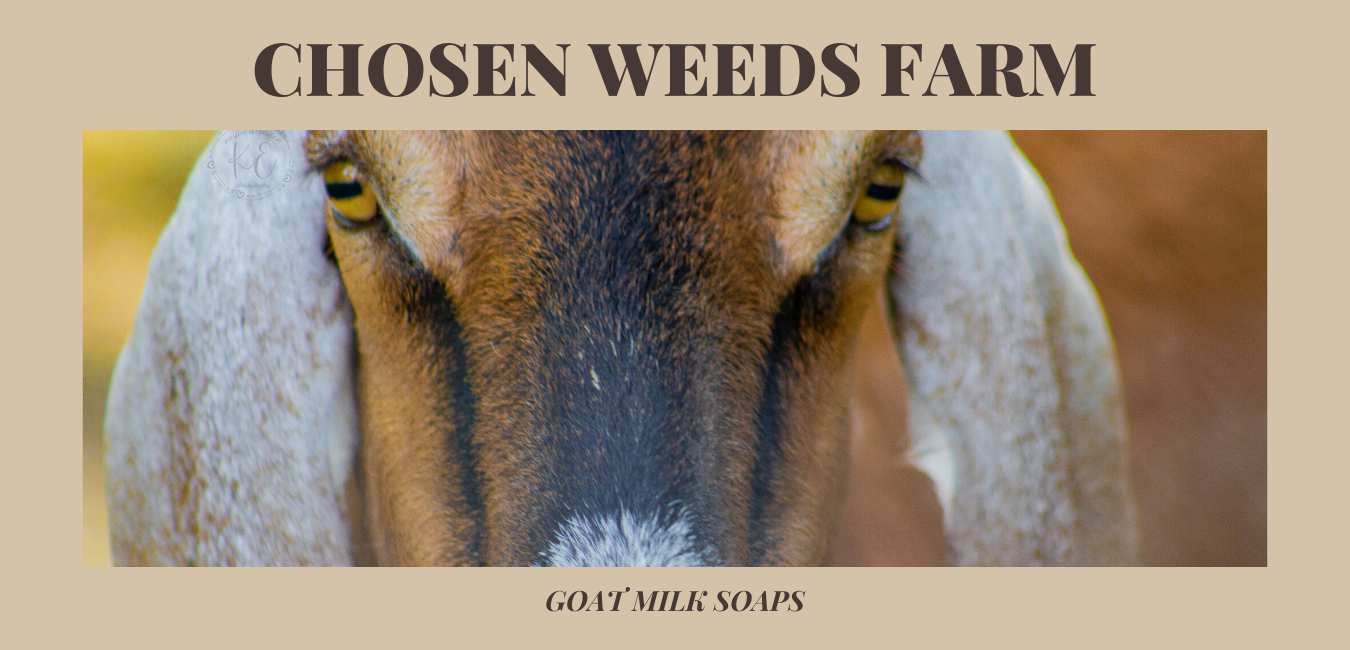
This past weekend was the second weekend that our local farmer’s market was held. As I have had the opportunity to meet more of our local community, I considered why people may be buying locally more and why it is so important to know your local farmer and food sources.
For us, I think the top reason we stress buying local is that we get to know you, our customer. We really enjoy striking up a conversation with people in our community, and seeing what is important to them. Making these connections opens up the opportunities for future conversations with people we may never have met before.
This past weekend, I had a discussion with a woman who came to buy soap, but she also ended up buying some spaghetti and butternut squash. She had never cooked with either before, but because I took the time to explain how to prepare and cook the squash, she was willing to try something she had never experienced. It brings me so much joy, to introduce people to something new, especially when that something is healthy.
This is just one example. The farmer’s market gives us an opportunity to invite individuals to our farm to see how we raise our animals, work the gardens and use the produce in recipes. Although we have the blog, there is nothing like making those one-on-one connections. In this world where corporations and companies use deceptive advertising and marketing to try and get people to buy their products, honesty and openness are extremely important to us.
We are truly blessed to have the opportunity to have a farmer’s market in our community. But why should you be willing to invest in your community? Here are our top five reasons for buying locally and getting to know where your food comes from:
- Buying local helps the consumer (that’s me and you) get to know more about the food/product’s story. Did you know that there is a story behind EVERYTHING you buy? The person that packed the food has a story; the animal that died so that you might have food has a story; the farmer has a story; the land where the food was produced has a story. When an individual is able to make a correlation between where their food comes from and how a product(s) was produced, a story evolves that has a profound and powerful effect on how they enjoy their meal or the products they purchase. You are also helping to create meaningful human connections.
- Safer Food. Just recently, there was a recall on romaine lettuce. One will discover that when/where mass quantities of food are produced, then that food is passed through the hands of several different levels of individuals, there is bound to be a greater risk of pathogens. Even though there are agencies that are designed to hold all levels safely accountable, things can get by. I can tell you as a local farmer who sells directly to the customer, our reputation is at stake. How we grow and process our food is extremely important to us. The buck stops with us. We want to be good neighbors and good stewards of the environment. That means creating a place that is sustainable and healthy for everyone. A well-managed farm is a place where the resources of fertile soil, clean water, and healthy animals are valued.
- Healthier Food. Speaking of being sustainable and healthy, “foods from local growers may contain less (or no) pesticides. Farmers have to pay an extra fee to become certified organic. Some small-scale farmers use organic methods but aren’t certified because they simply aren’t big enough to be able to afford the certification fees. Even if they aren’t organic, small farmers tend to use fewer chemicals than large, industrialized farms.” Be sure to ask your farmer what it means to him/her to be organic. Your definition and his/her definition may not always be the same.
- Fresher fruits and Veggies. Did you know that most produce in the US is picked 4 to 7 days before being placed on supermarket shelves, and is shipped for an average of 1500 miles before being sold [1]? And “local” at the grocery may not always mean what you think it means. When a grocer advertises “local,” it could be coming from 100-200 miles away [2]. We harvest the day before the farmer’s market, or if you come to the farm, I pick an hour or two before you arrive. You can’t beat freshness like that. This means better tasting food. I guarantee our tomatoes taste nothing like what you buy in the store and maybe you hate broccoli because you have never had it fresh from the farm. Believe me, there is a difference.
- Save Money. These days, the price of everything is going up while what we bring home from our jobs may be staying the same. A lot of times, buying locally is cheaper than the grocery. There is less overhead, plus you can buy in bulk and preserve produce and meats for the future.
So why not give your local farmer or farmer’s market a try. I can promise you won’t be disappointed.
Sources:
- https://www.localharvest.org/buylocal.jsp
- http://www.onegreenplanet.org/lifestyle/reasons-to-buy-local/
